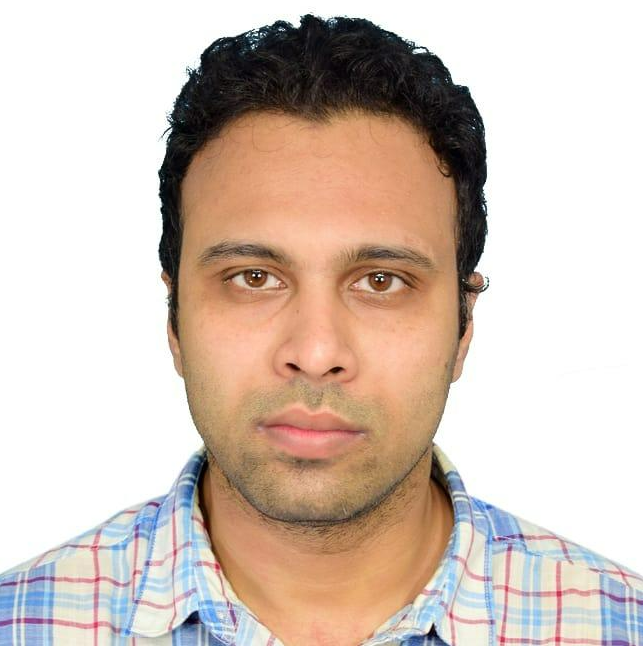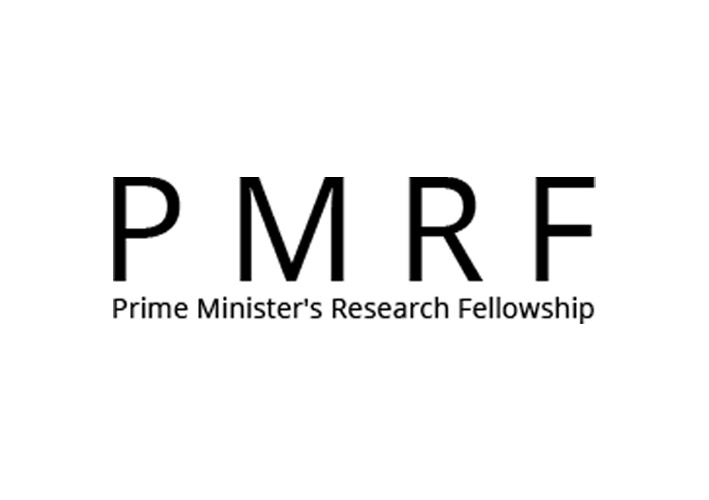Milan Kumar Hazra

Milan Kumar Hazra
Assistant ProfessorBiography
Milan obtained his bachelor’s degree in chemistry from Calcutta University in 2011 and joined the Integrated PhD program in chemical Science division at Indian Institute of Science (IISc), Bangalore. He pursued his doctoral research and received his PhD in theoretical physical chemistry under the supervision of Professor Biman Bagchi in 2019 from Solid State and Structural Chemistry Unit, IISc. During his doctoral research, Milan thoroughly investigated the phenomena of collective relaxations and it’s connection to solvation dynamics in dipolar binary mixtures and even went on to decode liquid state structure-dynamics paradigm of proteins and small molecules in aqueous media with the aids of computational battery and understandings borrowed from fundamental statistical mechanics.
Thereafter in 2019, for his postdoctoral studies, Milan moved to the Department of Chemical and Structural Biology at Weizmann Institute of Science, Israel and was mentored by Professor Yaakov Levy. During his stay, he was primarily interested in decoding the molecular Grammer of phase separation in disordered proteins and thermodynamic origin of their ultra-high affinity. Currently he is serving as an assistant professor in the department of chemistry, IIT Jodhpur. In his free times, Milan loves reading Sci-Fi and thrillers, photography and outdoor games.
Current Research
We are a budding group of theoretical physical chemists and computational biophysicists fascinated to understand minute rhythm in biological systems in diverse time and length scales. Blending molecular simulations with the formulations of statistical mechanics, we are currently aiming toward developing
(I) An understanding of entropy mediated subtle molecular recognition processes.
(II) A consensus of thermodynamic and kinetic roles of IDR conformational ensembles in dynamic autoinhibition.
(III) A molecular picture elucidating the role functional disorder in molecular chaperones.
(IV) In addition, with our mesoscale structure-based coarse-grained simulation approach, we are actively looking at chromatin organization in cell nucleus at molecular length scales.
(V) Apart from finding the answers of fundamental problems at the interface of chemistry and biology, we even develop and employ new computational methods to study problems of our interest.












